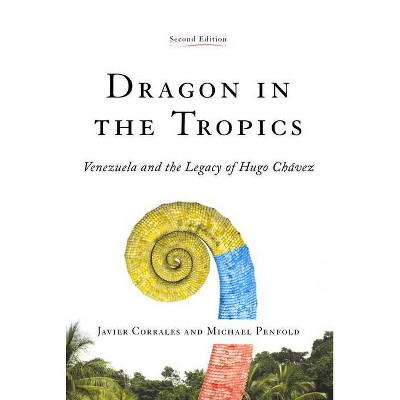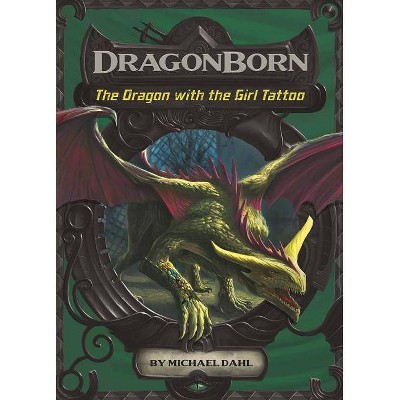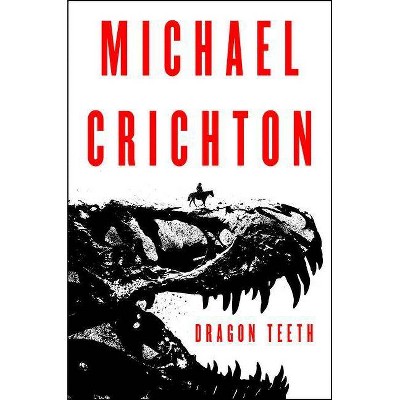Dragon in the Tropics - 2nd Edition by Javier Corrales & Michael Penfold (Paperback)

Similar Products
Products of same category from the store
AllProduct info
<p/><br></br><p><b> Book Synopsis </b></p></br></br>This new and expanded edition of <i>Dragon in the Tropics</i>--the widely acclaimed account of how president Hugo Chávez (1999-2013) revamped Venezuela's political economy--examines the electoral decline of Chavismo after Chavez's death and the policies adopted by his successor, Nicolás Maduro, to cope with the economic chaos inherited from previous radical populist policies. Corrales and Penfold argue that Maduro has had to struggle with the inherent contradictions of a large and heterogeneous social coalition, a declining oil sector, the strength of entrenched military interests, and fewer resources to appease international allies, which have strenghtened the autocratic features of an already consolidated hybrid regime. In examining the new political realities of Venezuela, the authors offer lessons on the dynamics of succession in hybrid regimes. This book is a must-read for scholars and analysts of Latin America.<br><p/><br></br><p><b> Review Quotes </b></p></br></br><br><p>"<i>Dragon in the Tropics</i> is a must-read for anyone interested in Venezuelan politics, contemporary populism and the politics of oil."--<i>Post-Western World</i></p>/div><br><p/><br></br><p><b> About the Author </b></p></br></br><p><b>Javier Corrales</b> is the John E. Kirkpatrick 1951 Professor of Political Science at Amherst College and the author of <i>Presidents without Parties: The Politics of Economic Reform in Argentina and Venezuela in the 1990s</i> (Penn State Press, 2002).</p><p><b>Michael Penfold</b> is professor of political economy and former dean of the Instituto de Estudios Superiores de Administracion in Caracas and the author of <i>Dos Tradiciones, Un Conflicto: El Futuro de la Descentralización</i> (Debates, 2009).</p>
Price History
Price Archive shows prices from various stores, lets you see history and find the cheapest. There is no actual sale on the website. For all support, inquiry and suggestion messagescommunication@pricearchive.us




















